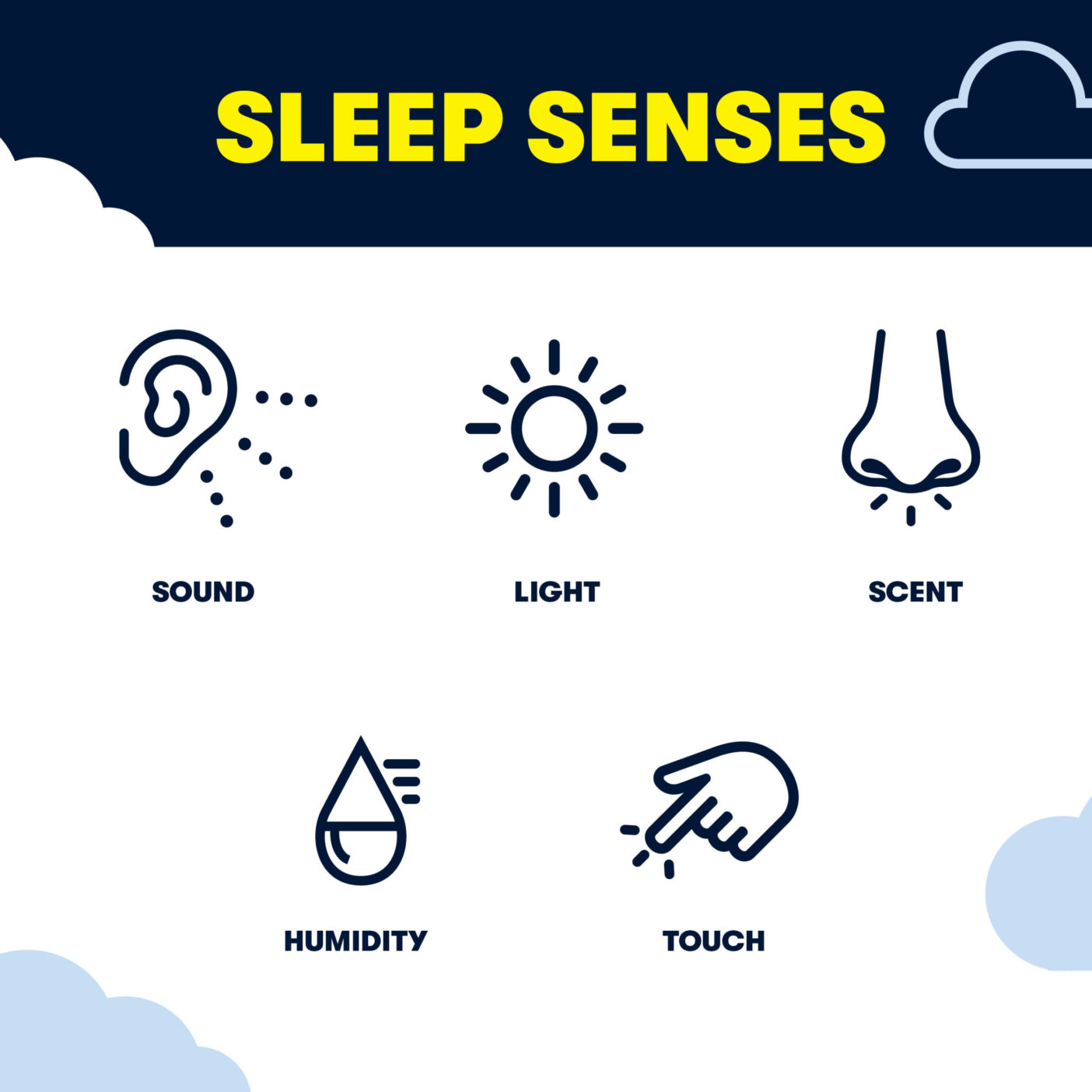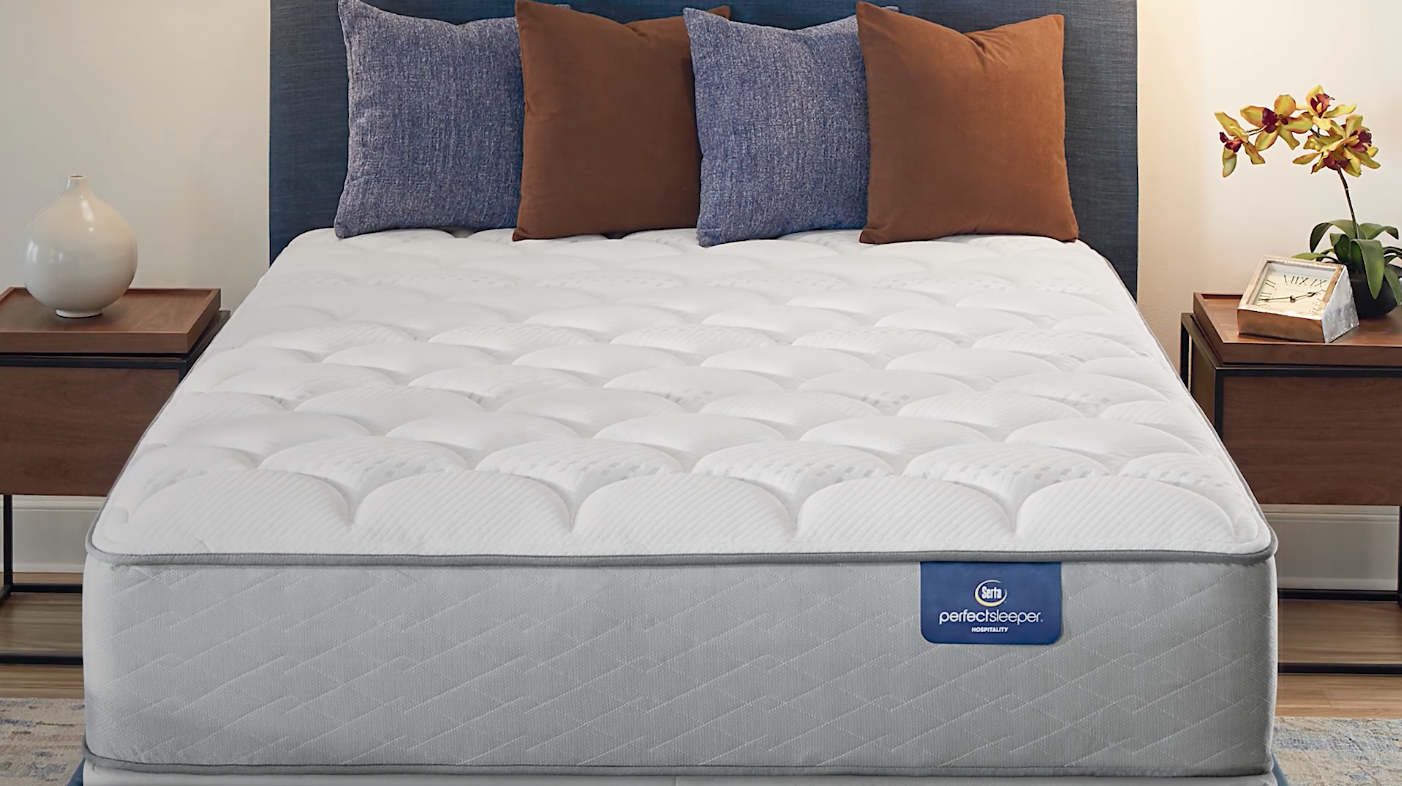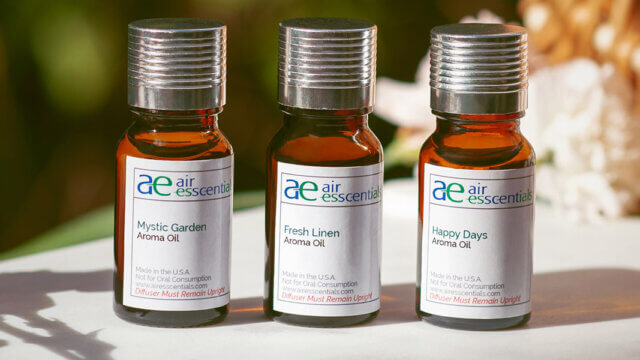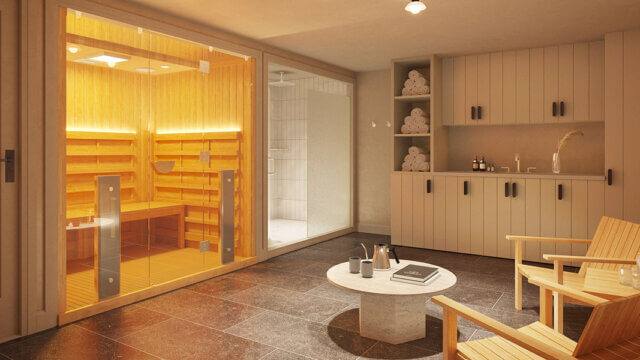 JD Velilla, Sleep Experience and Technology, Serta Simmons Hospitality Sleep. It’s one of the last unexplored frontiers. When you think about sleep in the context of what we know from a science perspective, we remain very early in the discovery process. Much of what we know has only emerged within the last 100 years or so and there’s a lot more to learn. More importantly, if you think about how we talk about sleep, or how we schedule sleep into our lives – how we treat it – there’s definitely a lot of room for growth.
JD Velilla, Sleep Experience and Technology, Serta Simmons Hospitality Sleep. It’s one of the last unexplored frontiers. When you think about sleep in the context of what we know from a science perspective, we remain very early in the discovery process. Much of what we know has only emerged within the last 100 years or so and there’s a lot more to learn. More importantly, if you think about how we talk about sleep, or how we schedule sleep into our lives – how we treat it – there’s definitely a lot of room for growth.
How Early Perspectives Shape our Sleep Reality
If you reflect back on when you were a kid, most of us were inadvertently taught that sleep is actually a punishment. If you got in trouble for doing something bad, you were sent to bed early. Conversely, if you did something good, you could stay up past your bedtime as a privilege. So many of us have this idea in our head that sleep is something we can put off or that being sleep deprived is something to value – the sign of a life well-lived. Both ideas represent dangerous thinking. Sleep quality and duration have massive impacts on our health, disease prevention and overall well-being. We know this now from hundreds of published studies. Performance, productivity, comprehension, creativity and a host of other aspects of our lives suffer when sleep suffers. And nowhere is sleep more challenging than when we are away from home.
Appealing to the Senses
When determining the mix of sleep products that define your guest sleep experience, I recommend picking items that appeal to all five senses.
- Light – the amount and type of light we are exposed to throughout the day has a dramatic impact on how well we sleep. Smart lights that mimic the sunset with a pinkish-orange hue are ideal for winding down and readying the body for sleep. Avoiding or limiting device screen time in the evening also reaps numerous sleep rewards.
- Temperature and Humidity – both play a huge role in how we sleep. When you pull the covers up, you’ve effectively created a microclimate that is really no longer impacted by ambient room temperature.
- Scent – Scent can be anything from relaxing, calming lavender pillow spray or bathroom soaps or body wash. The idea here is to present opportunities to cultivate calming, restorative experiences.
- Touch – This is a critical part of the recovery equation. After a long day, you may return to your room for an invigorating or relaxing shower depending on the time of day. The items that touch your guest’s skin – towels and linens on the bed – play a critical role in their overall stay experience. They should be soft to the skin, look and smell fresh.
- Sound – HVAC, environmental and ambient room noise are the biggest challenges for hotels to manage – and the subject of many complaints. Short of addressing at the build stage, there are tools hotels can offer guests to make noise less of an issue. Sound masking machines, sleep soundtracks through darkened TV screens and even making sure HVAC systems are well maintained will help toward fostering a true recovery environment for guests.
Creating memorable, brand-defining guest sleep experiences for business and leisure travelers is our passion. If you’re ready to elevate your guest sleep experience to the next level, we’d be happy to assist. Get in touch here: [email protected].



